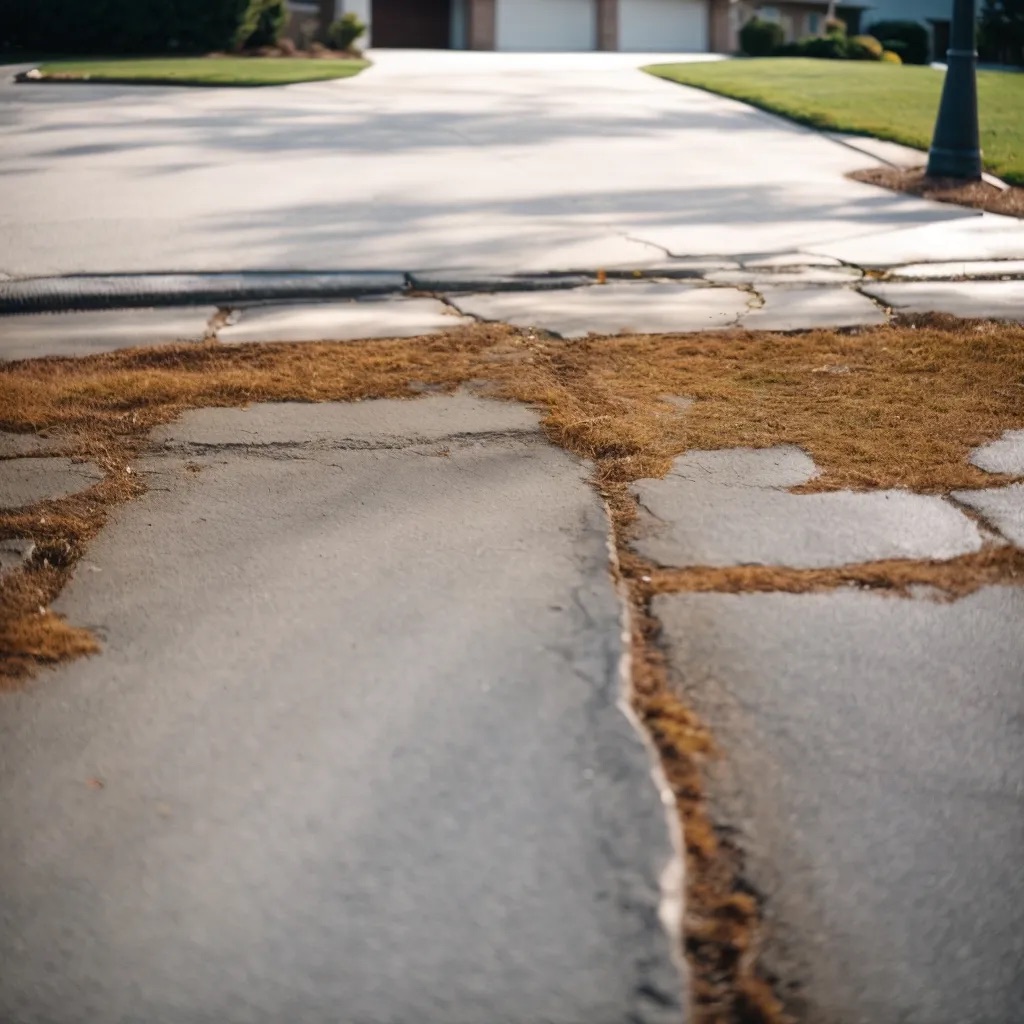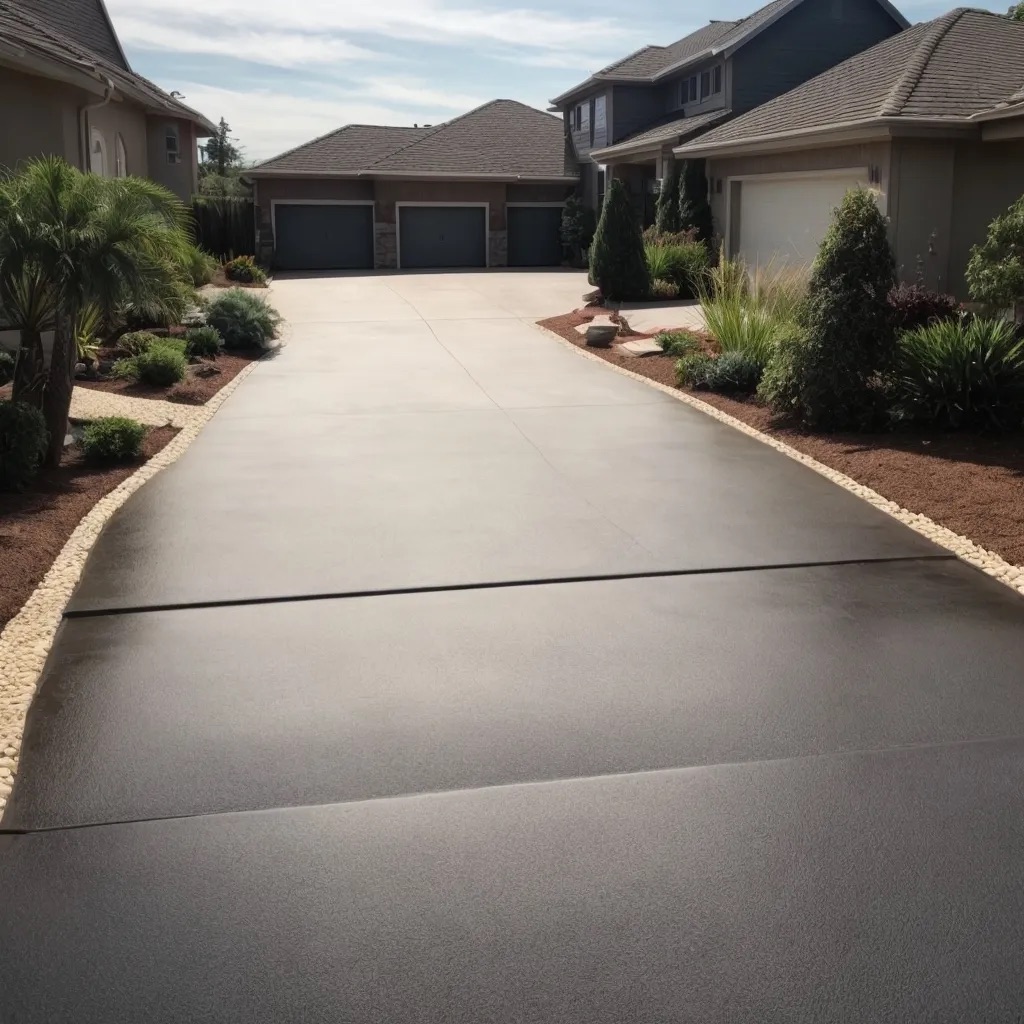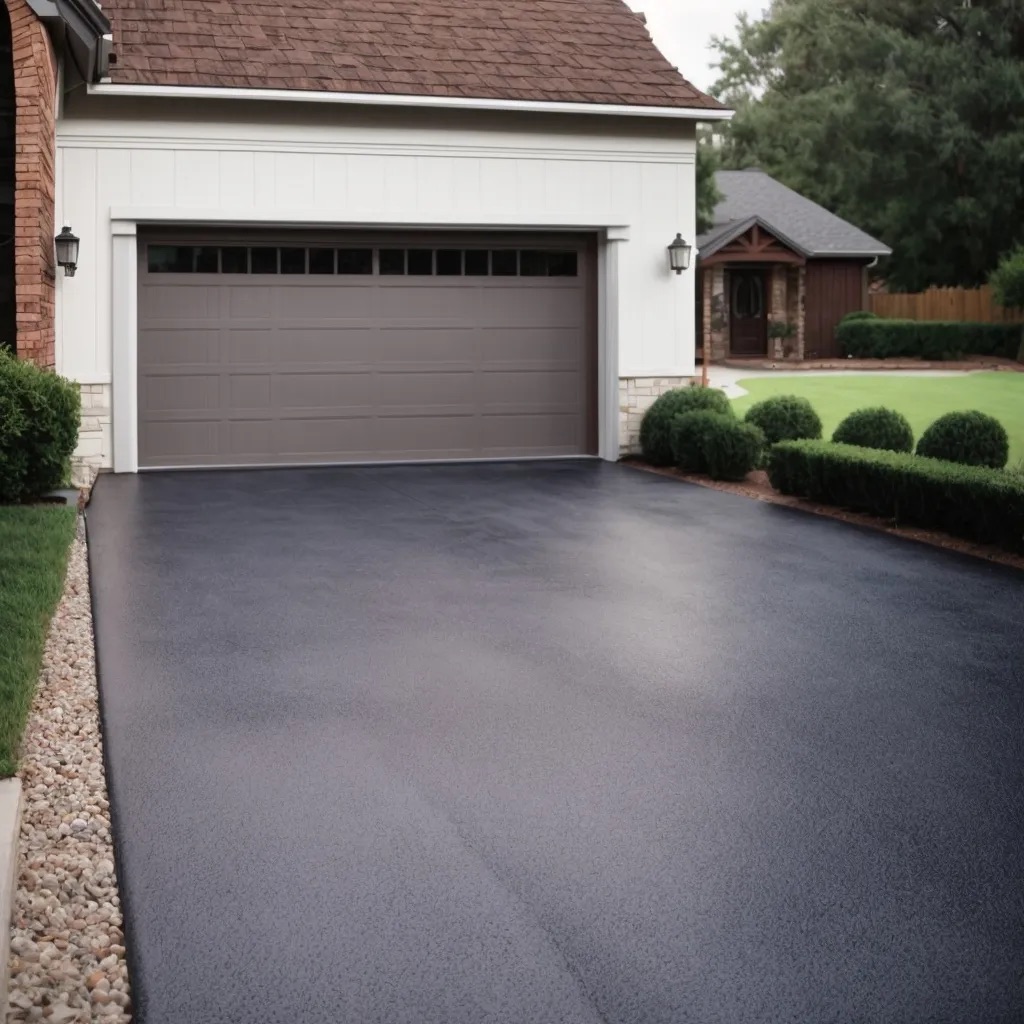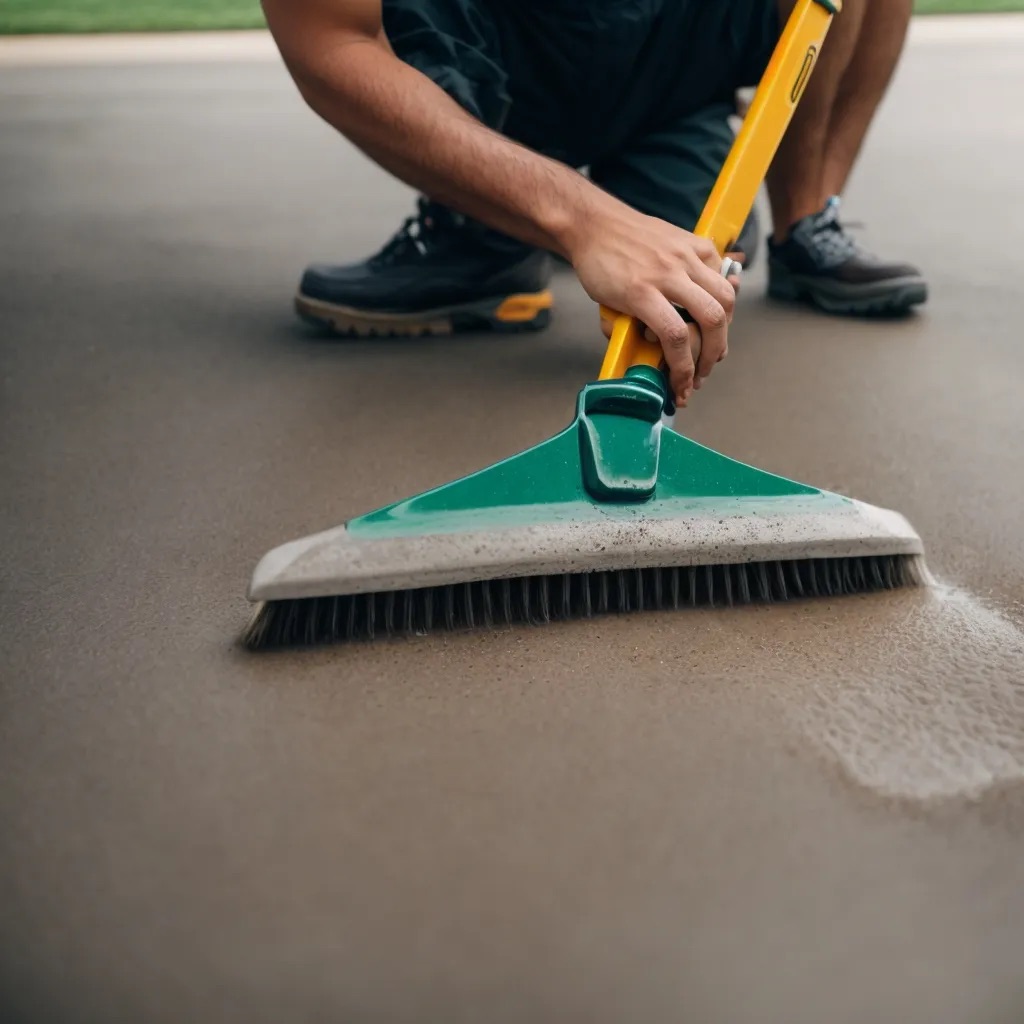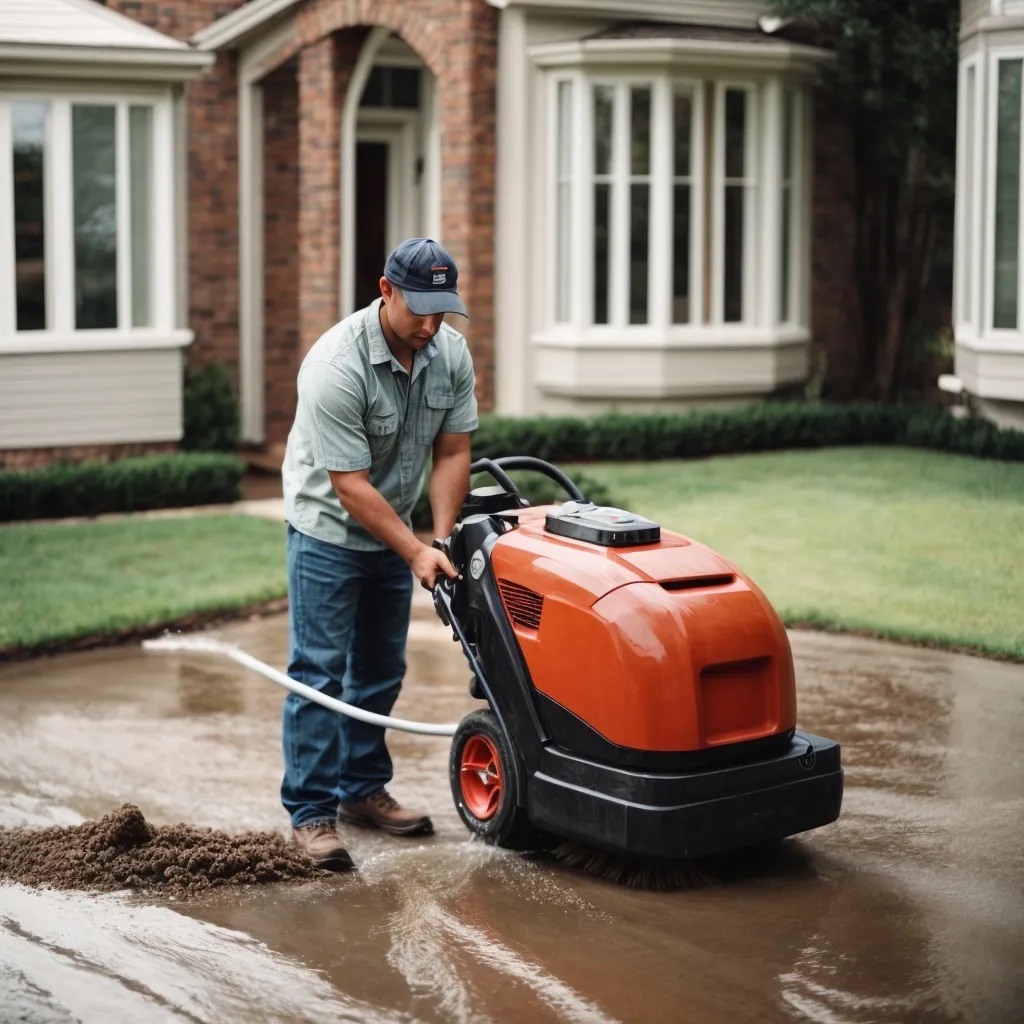Your driveway is an essential part of your property, providing a functional and aesthetically pleasing entrance to your home. However, it’s also subjected to various forms of wear and tear, which can lead to damage over time.
Fortunately, you can take several proactive measures to protect your driveway from deterioration and extend its lifespan. In this article, we will explore six effective ways to safeguard your driveway from damage, ensuring it remains in excellent condition for years to come.
Sealcoating
One of the most effective methods for protecting your driveway is through seal coating. Sealcoating involves applying a protective layer over the surface of the asphalt or concrete, acting as a barrier against harmful elements such as UV rays, oil spills, and water penetration. By sealing the surface, you can prevent cracks, potholes, and other forms of damage from occurring. It is recommended to seal coat your driveway every two to three years, depending on its condition and the climate in your area.
Regular Cleaning
Regular cleaning is vital to maintaining the integrity of your driveway. Leaves, dirt, and debris can accumulate on the surface, promoting the growth of weeds and moss, which can cause cracks and other damage. To clean your driveway effectively, start by sweeping away loose debris.
Then, use a pressure washer or hose to remove stubborn stains and grime. For oil or grease stains, use a commercial degreaser or a mixture of baking soda and water. Keeping your driveway clean can prevent the buildup of substances that may harm its surface.
Proper Drainage
Water is one of the primary culprits for driveway damage. When water seeps into cracks or pools on the surface, it can weaken the structure and lead to cracking and potholes. To protect your driveway, ensure proper drainage is in place. Make sure that your gutters and downspouts direct water away from the driveway.
Consider installing a French drain or a trench drain system to channel water away from the surface if needed. By keeping water away, you can significantly reduce the risk of damage caused by excessive moisture.
Avoid Heavy Loads
Excessive weight from vehicles, particularly heavy trucks or equipment, can cause significant damage to your driveway. Whenever possible, avoid parking heavy vehicles on the driveway for extended periods. Instead, use designated parking areas or reinforced pads specifically designed for heavy loads.
If you need to move heavy equipment across the driveway, consider using plywood or other protective materials to distribute the weight and minimize stress on the surface. By limiting the exposure to heavy loads, you can prevent cracks and structural damage to your driveway.
Repair Cracks and Potholes Promptly
Even with proactive measures, cracks, and potholes may occasionally develop on your driveway. It is essential to address these issues promptly to prevent further deterioration. Clean the affected area thoroughly and use a high-quality crack filler or patching compound to repair minor cracks.
For larger potholes or extensive damage, hiring a professional paving contractor may be necessary. Timely repairs will prevent small issues from escalating into more significant problems, ultimately prolonging the life of your driveway.
Avoid Harsh Chemicals
Certain chemicals can harm your driveway’s surface, accelerating its deterioration. Avoid ammonium nitrate or sulfate materials, as these can cause cracking and spalling. Instead, use alternatives such as sand or kitty litter to improve traction during icy conditions. Additionally, avoid using harsh cleaning chemicals that may strip away the protective seal coat or damage the surface. Stick to mild detergents and environmentally friendly cleaners when washing your driveway.
Protecting your driveway from damage is a wise investment that will save you money and headaches in the long run. By implementing the six strategies discussed in this article, including seal coating, regular cleaning, proper drainage, avoiding heavy loads, prompt repairs, and avoiding harsh chemicals, you can effectively safeguard your driveway from deterioration.
Remember, preventive maintenance and timely repairs are key to maintaining a functional and appealing driveway that enhances your home’s curb appeal. So, take proactive steps today to protect your driveway and enjoy its benefits for years.
Key Takeaways
- Sealcoating your driveway every two to three years protects against UV rays, oil spills, and water penetration.
- Regular cleaning, including sweeping and pressure washing, prevents debris accumulation and weeds or moss growth.
- Proper drainage, achieved through gutters, downspouts, and drainage systems, helps divert water from the driveway surface.
- Avoid parking heavy vehicles on the driveway for extended periods and use reinforced pads or designated parking areas when necessary.
- Promptly repair any cracks or potholes to prevent further deterioration and preserve the lifespan of your driveway.
- Use alternative deicing methods and avoid harsh chemicals that can damage the surface or strip away the protective seal coat.

